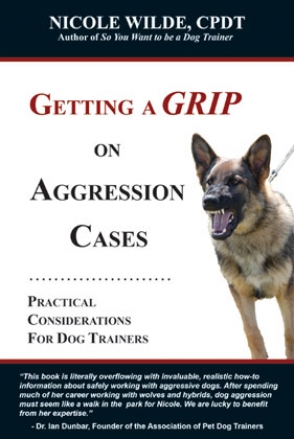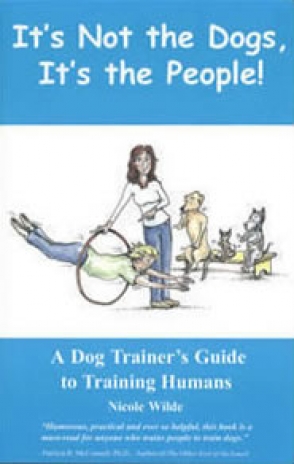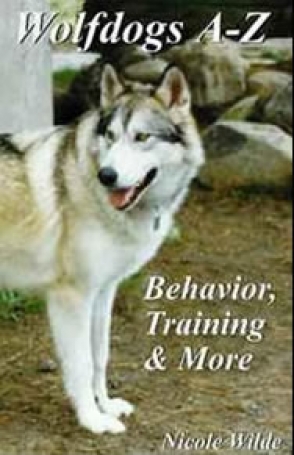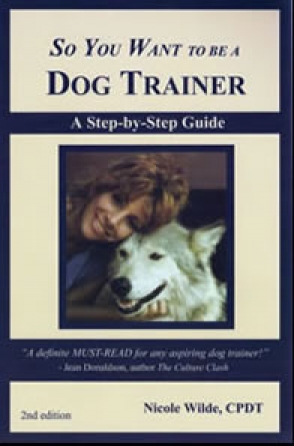Imagine a gentle, non-invasive healing method that can address pain, injury, and illness; speed recovery after surgery; and have remarkable effects on fear, anxiety, aggression, depression, and trauma. Energy healing can do all this and more!
Grandma and the Toddler
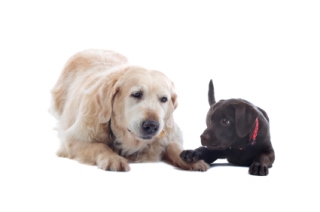
Imagine you’re an 88-year-old grandmother with a live-in caretaker. One day your children decide it would be a great idea for a toddler to come and live with you. Your peaceful world is suddenly turned upside down. The noise! The chaos! The constant bids for attention from the rambunctious tyke! What’s happened?
What’s happened is exactly what happens to many older dogs when their owners decide to bring home a puppy. Sometimes owners feel the tincture of youth will infuse the senior dog with a new lust for life. Others simply can’t stand the thought of losing their older dog and the house becoming deafeningly silent, and feel a puppy would ease the transition. And sometimes owners (or more often, their children) want a puppy, and don’t consider the impact it might have on the original four-footed resident.
A typical training call might go like this:
"We’d like some help with our new four-month-old terrier puppy.”
“Sure! What exactly can we help you with? Is it the usual housebreaking, nipping, chewing, all of those fun things?”
“Yes, definitely! But also, our 12-year-old Corgi growls at him, and sometimes she even bites him. He just wants to play all the time, and she gets annoyed.”
“What does he do when she reprimands him like that?”
“Nothing! He doesn’t seem to understand, and he just keeps jumping on her and nipping at her.”
This situation is all too common. If you have a senior dog and have added a puppy to the mix, it’s your responsibility to manage the situation so the older dog doesn’t feel harassed. That means crate training the puppy, and setting up gated areas to provide periodic breaks from all that togetherness. It means vigilantly supervising all interactions and separating the two if it does not look as though they’re both enjoying themselves. And it involves understanding your older dog’s body language and behavior so you’ll recognize when she’s beginning to become irritated, and can step in to diffuse the situation before it escalates. The dogs should not, of course, be left unsupervised together. (All of this assumes your senior dog is annoyed by your pup. If this is not the case, and your older dog revels in puppy breath and has a new lease on life, great! Still, be vigilant. Things can change as puppies grow into adolescents and become more assertive.)
Care should be taken so your older dog doesn’t feel as though she’s been replaced. Make it a point not to lose yourself in that glorious rush of oohing and aahing that surrounds the new puppy to the point that you forget to give enough attention to your first dog. Monitor resources to ensure there is no fighting over food or toys, and be aware of jealousy over your attentions; a trainer can help with those issues if necessary.
It’s also a good practice to spend time alone with each dog. Practice training exercises separately, and have play sessions and quiet petting time with each. Exercise is another time for your dogs to get the full focus of your attention. My husband and I make a regular practice of each taking one of our adopted adolescent dogs out for exercise (for example, he takes one hiking and I take the other for a long walk around the park), and they greatly enjoy the one-on-one time. Of course, we take them together as well, but if possible, aim for at least some the one-on-one sessions; your older dog will appreciate it, and your pup will benefit from your undivided focus.
In some cases a new puppy is a good thing for an older dog; but be honest about your motivations, and consider carefully. If you have a friend with a young puppy, invite them over, and assess your dog’s reactions. If you know your dog is good with puppies, enjoys their company, and is in good enough physical and mental condition to enjoy their rambunctious style of play, have at it! Just be sure, as you would with grandma, to be a vigilant, responsible caretaker.


